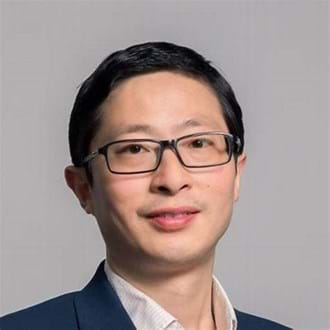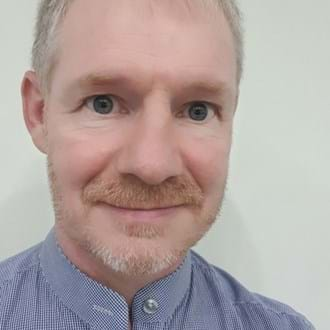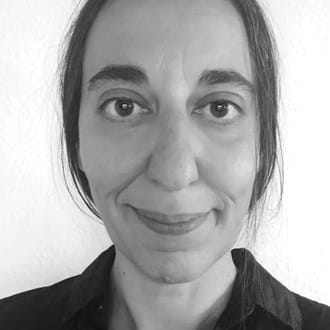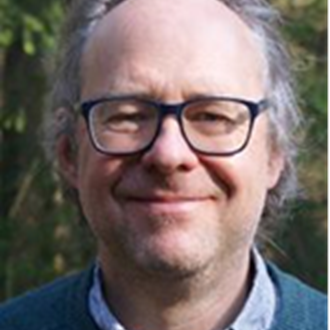Clean water and sanitation
Making a difference: Sustainability success stories in clean water and sanitation
In our 'Making a difference' series we take a look at the positive impact chemical engineers, and their work, has on creating a more sustainable world. Here we share success stories relating to clean water and sanitation.
What's your story?
If you are helping to create a more sustainable world then we would love to hear from you.
Get in touch
Kevan Brian - Innovative processes in water and wastewater
Kevan Brian is an environmental engineer introducing innovative, optimised processes into water and wastewater treatment plants.

Matt Stewart
Matt is a leader in sustainability in the Water Sector. Matt and AtkinsRealis are leaders in developing strategies for managing the circular economy in the area of biosolids.

Developing innovative technologies through applied research – Professor Dengsong Zhang
Professor Zhang has been dedicated to fundamental and applied research in water treatment at Shanghai University since 2002, with a focus on developing innovative technologies for pollution and carbon reduction.

Developing countries and technology - Dr Euan Low
Dr Low has 25 years of water-sector advisory experience in both emerging and mature markets and until this year lead PwC’s South East Asia’s infrastructure advisory practice.

Decarbonising wastewater treatment - Maria Manidaki
Maria Manidaki is a civil engineer who has been supporting water utilities and other infrastructure clients with their decarbonisation journeys for approximately 20 years. She tells us about her career, why collaboration is key, and why she is a big fan of chemical engineers.

Waste water treatment and process emissions - Dr Liu Ye
Dr Liu Ye is an Associate Professor in Chemical Engineering with research focus on sustainable and cost effective water and wastewater treatment. Most recently she has taken a lead on emissions and is the lead editor of the IWA open-access book on process emissions. This inspirational work is world-leading and is focused on providing a deeper understanding of quantification and modelling of greenhouse gas emissions.

Meet a difference maker – Professor Philip Davies
Philip Davies has pursued a varied industrial and academic research career, including projects in solar energy, desalination, solar-powered cooling, and seawater greenhouses. His current research at the University of Birmingham focuses on technologies to help with issues of resource scarcity in arid regions.